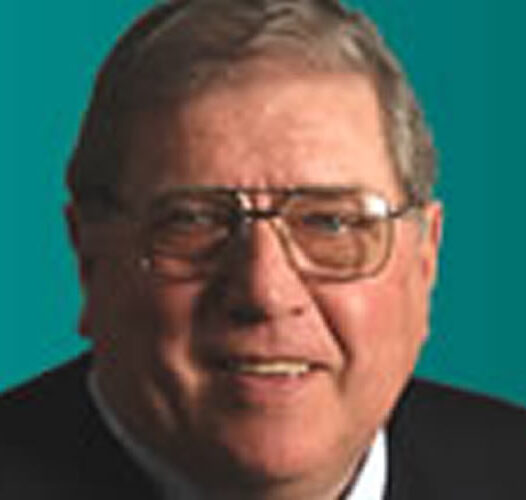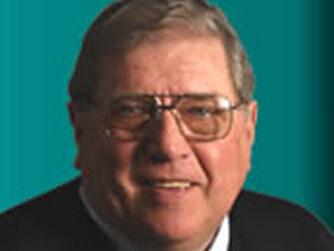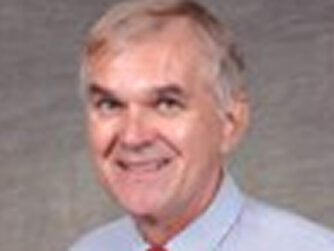Dr. Lawrence Shulman
Do science and art occupy different spaces? Science is often seen as objective, rigorous, disinterested, and structured. On the other hand, art is often seen as subjective, creative, personal, and challenging traditional boundaries. If these two approaches to the world are truly opposed, then social workers face an impossible choice. Either we embrace science and conform our work to data-driven best practices, or we embrace art, and practice in creative ways that may not be effective. However, we only face this choice if science and art are truly at odds with one another. Are they?
In this, our sixth anniversary podcast, Dr. Lawrence Shulman seeks to break down the false dichotomy between science and art, arguing that, rather than placing these two approaches to social work at odds with each other, we should seek the ways that they enrich and reinforce each other. Drawing upon both social work theory and anecdotes of practice experience, Shulman explores the ways that evidence-based practices can contribute to good social work practice, as well as ways that social workers can temper, adapt, and interpret those practices in ways that best serve our clients. Along the way, he identifies what he takes to be the main problems with the ways that evidence-based practices are implemented, and advocates for an approach to social work practice that embraces both the best science and the practitioner’s personal artistry.
Lawrence Shulman, M.S.W., Ed.D., the former dean of the School of Social Work at the University at Buffalo, is a recipient of a 2014 CSWE Significant Lifetime Achievement in Social Work Education Award. He has done extensive research on the core helping skills in practice and supervision. He is used widely as a training consultant in the United States and Canada. He is the author of the entry on supervision in the Encyclopedia of Social Work and of Interactional Supervision and the practice textbook, The Skills of Helping Individuals, Families, Groups and Communities, along with numerous other books and monographs.
Interviewer: Peter Sobota





